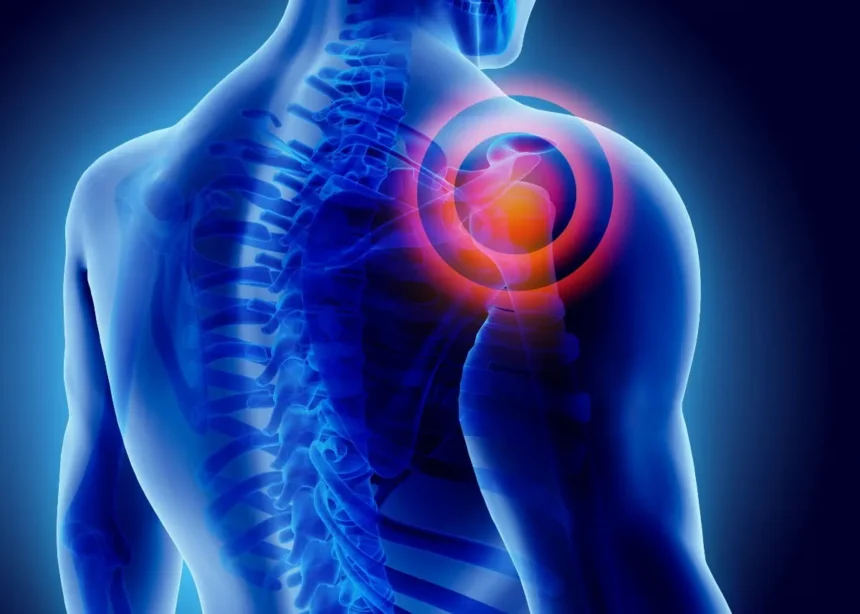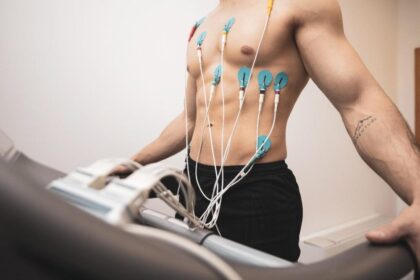Ligament tears in the shoulder are a common problem that can affect mobility and cause significant discomfort. These injuries often require specialized assessment and treatment to restore functionality and prevent further complications. Orthopedic surgeons play a key role in diagnosing and managing shoulder ligament tears, using their expertise to tailor treatment plans to each patient’s specific needs. Understanding the causes, symptoms, and available treatment options can help individuals make informed decisions about their health.
What Causes Shoulder Ligament Tears?
Ligament tears in the shoulder can result from a variety of factors, often related to injury or repetitive stress. The shoulder is a highly mobile joint, which makes it susceptible to excessive strain and damage. One frequent cause of such injuries is trauma. This can occur during a fall, an accident, or while participating in contact sports.
Another contributing factor is overuse, which can lead to gradual weakening of the ligaments. Jobs or activities that involve repetitive overhead motions, such as painting or throwing, may increase the likelihood of this type of injury. Age-related wear and tear can also compromise ligament integrity, further elevating the risk for some individuals. While the causes vary, understanding how these injuries occur is one step in recognizing and addressing them. Early intervention by an orthopedic surgeon can play an influential role in managing these injuries effectively.
Which Symptoms Indicate a Ligament Injury?
Signs of a ligament tear in the shoulder often vary depending on the severity of the injury. Prompt identification of these symptoms is useful for seeking timely care. Below is a list of possible symptoms that may suggest a ligament injury:
- Pain: Often experienced at the front or top of the shoulder, especially during motion or activity.
- Swelling: The affected area may appear swollen due to inflammation following the injury.
- Limited Movement: Simple tasks, such as lifting or reaching, may become challenging.
- Instability or Weakness: A sensation of the shoulder feeling loose can indicate ligament damage.
- Popping or Clicking Sounds: Certain movements might produce noticeable sounds, signifying potential tears within the joint.
Recognizing these signs can aid in early diagnosis and treatment, minimizing the risk of prolonged discomfort or additional injury.
How Do Surgeons Treat the Tear?
The treatment strategy for a shoulder ligament tear often depends on the extent of the injury. Orthopedic surgeons assess the severity of the condition through physical examinations and imaging techniques, such as X-rays or MRIs. These methods provide information to outline an appropriate course of action.
Nonsurgical Options
Non-surgical approaches are frequently pursued first, particularly for partial ligament tears. Resting the shoulder, using slings, and engaging in physical therapy can promote recovery. Anti-inflammatory medications or injections may also be advised to address pain and swelling. These methods aim to restore strength and movement while preventing further strain on the joint.
Surgical Options
Surgical intervention becomes an option for cases where non-surgical treatments are insufficient or when a complete ligament tear compromises the shoulder’s stability. Procedures range from minimally invasive arthroscopy to open surgery, depending on the complexity of the injury. Surgeons may reconnect the torn ligament or reconstruct it using grafts. Post-surgical rehabilitation is a key component of the recovery process, enabling patients to regain function over time.
Consult an Orthopedic Surgeon
Shoulder ligament tears can significantly affect quality of life by restricting mobility and causing pain. Orthopedic surgeons specialize in diagnosing and treating these injuries, offering personalized care that may include rest, physical therapy, or surgery. Seeking early advice from a specialist is beneficial for restoring function, preventing complications, and allowing for a smoother recovery. If you’re experiencing shoulder pain or suspect a ligament tear, don’t wait—consult a qualified orthopedic surgeon to explore the best treatment options for your condition.









